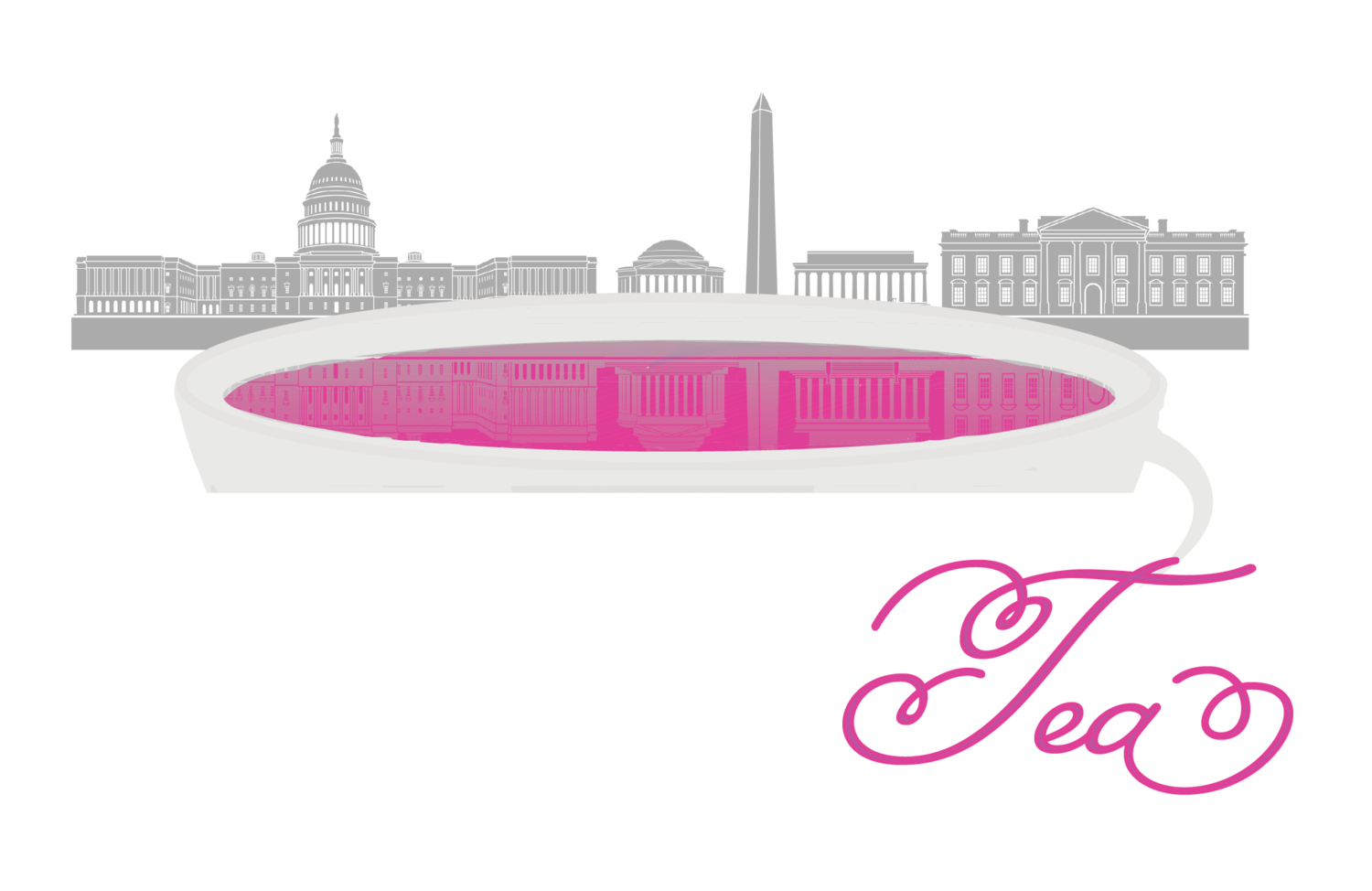Life, Legacy, and Lessons From Mac Miller
By: Jalen Nash
Jalen Nash writes for the Daily Orange and The Executive Tea. A similar version of this article was first published here.
Mac Miller has been on the scene since 2010, with beloved mixtapes and popular songs such as Nike’s on my Feet, Knock Knock and Donald Trump. Early in his career, he created a following with his approachable persona and ‘frat-rap’ style. Longtime fan, Matt Miller remembers, “He made really fun music to vibe out with your friends, didn’t care what anyone thought about his sound and enjoyed it.”
His 2011 mixtape, Blue Side Park became the first independently released project to top the Billboard “Top 200” charts since 1995. By the time his sophomore album, Watching Movies with the Sound Off dropped, Mac had musically developed from a teenage star to a bonafide musician. Following this album, Miller continued to evolve, experimenting with jazzier sounds on the mixtape, Faces. His critically-acclaimed album, the Divine Feminine was a defining moment in music. A Pitchfork review called it “the most surprising, concise, and accomplished album of his career”.
With a solidified spot in the game, his most recent album “Swimming,“ which released on August 3rd, further advanced his sound. To describe it in a word, it was “conversational”. Popular music critic Mitch Findlay went as far as to call it “the most personal project of his young career”.
Outside of music, Mac became a celebrity through his charming persona, public relationships and media appearances. His 2013 show “Mac Miller and the Most Dope Family,” premiered on MTV becoming one of the first reality shows focused around a contemporary rap artist.
Despite his success as an artist, he personally battled with addiction and depression throughout. His life was abruptly cut short on the morning of September 7th, 2018 when he was found dead in his California home due to an apparent drug overdose.
Music and drug use have complemented each other for centuries. Consequentially, the relationship between talented artists and drug addiction is far from uncommon.
As with most reactions to such news, artists give out condolences, preach about making a change and hope to inspire fans to make a difference. Unfortunately, this is response seems inadequate as Mac Miller is one of a few artists to overdose on a form of drugs within the last year.
While his death comes as a shock to many; drug use, overdoses and arrests are at an all-time high.
Last Year, a record-breaking 72,000 Americans passed away from drug overdoses. An additional 1.5 million were arrested for drug law violations. Drugs have a hollowing impact on individuals, families and communities. As a genre that speaks to the experiences of many people from incarcerated cultures, drug-selling cultures and drug using cultures, rap music has a unique task of capturing authentic life experiences and emotions without glamorizing the toxic behaviors within them.
Many mainstream rappers fail to responsibility handle this balance. Just last week, Kanye West, an artist known for evolving his music with the times, released a song called “XTSY”, where he spoke candidly about his step-sisters. He justifies these self-proclaimed “sick thoughts” in the hook, where he raps, “I wrote all of this on ecstasy”.
It’s estimated that over a third of songs that reached the top ten of Billboards “Hot 100” included some mention of the popular drink, lean. Many artists openly share their addictions. Most fans fail to separate the lyrics from the beat. Instead of seeing these lyrics as pleas for help, they describe them as “fire” or “catchy”.
Rising artists like Lil Xan and Smokepurpp, along with veterans like Future and Lil Wayne, have incorporated drug use and addiction into their rapper persona. With popular songs like “Vicodin”, “Geek A Lot”, “Codeine Crazy” and “I Feel like Dying”, they have influenced millions of fans to enthusiastically endorse, normalize then overlook, messages about use and addiction.
Miller’s 2013 album Watching Movies With the Sound Off begins with the lines, “Hallelujah, thank God I have a future/ Praying I don't waste it getting faded/ Cause I'm smoking *censored* 'til I'm coughing up tar/ Through the surge, energy curve like a lumbar”. The lyric itself paired the decision to make it the first line of his album, gave some insight into how Mac felt about his addiction.
As a genre, hip hop is in a unique position. Centered around authentic reflection, the music must balance painting an accurate picture of a young, hyper-diverse and constantly evolving culture, while being careful not to glamorize its negative aspects.
Despite his personal struggles, Mac Miller was able to distinguish the line in his music. While he openly acknowledged his personal struggles with addiction, he tried to do so responsibly. On an interview with the Breakfast Club he talked about his approach to music saying, “I want to make sure I cover all the different identities that come with being a human. That’s my main focus, just keeping it real with myself and talking about what I feel.”
Music has lost another great talent to addiction. As our industry, and our country continue to suffer the consequences of this drug epidemic, Mac Miller should be remembered as a catalyst to create change. Addiction is hard, for many it is the hardest obstacle to overcome, but overcoming is achievable and necessary. Life is short and we cannot take one breath for granted.
Rest in Peace Malcolm McCormick. You and your music will be remembered.
For help overcoming addiction contact: 1-800-662-HELP (National Helpline)




